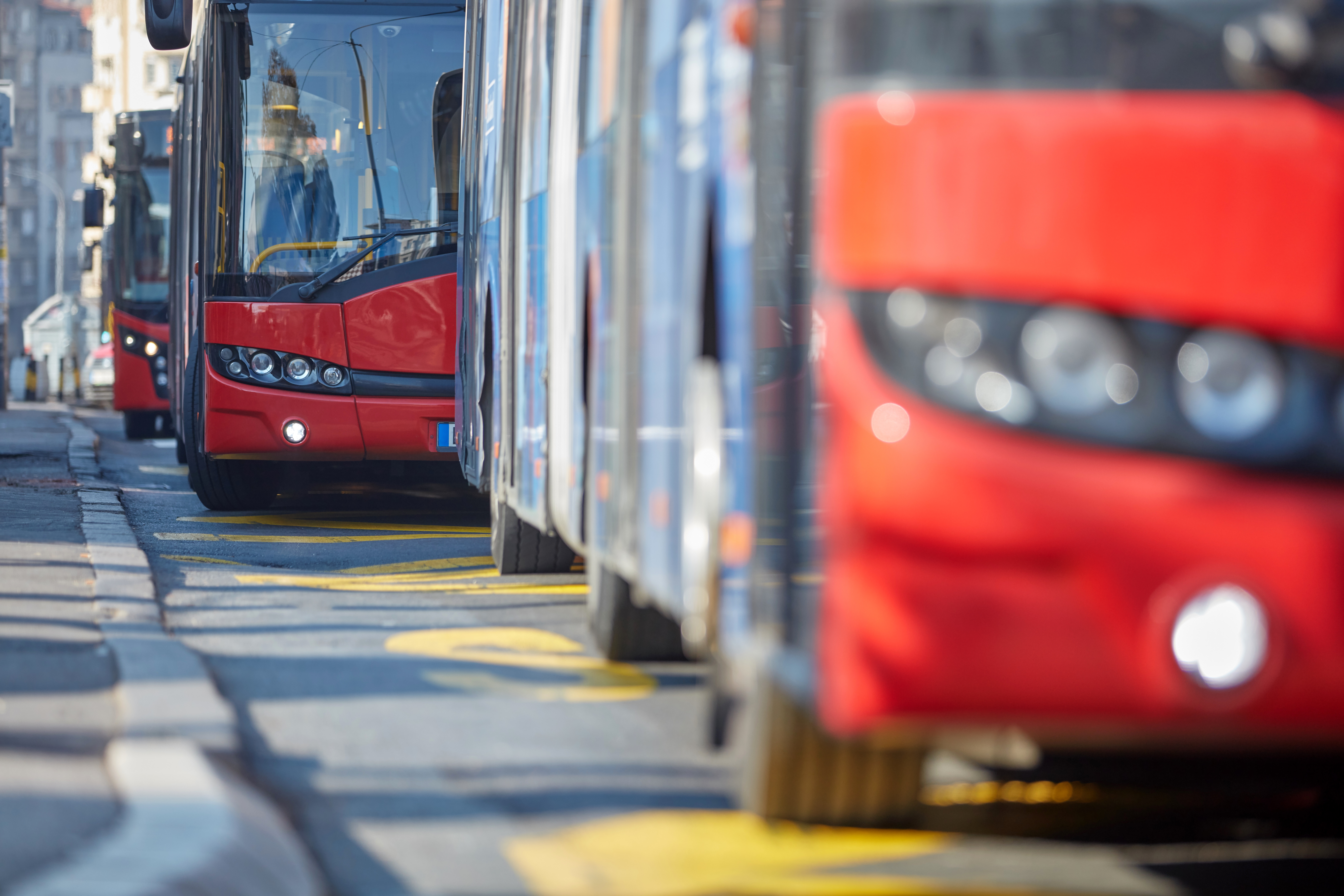What the Bus Services (No.2) Bill 2024 means for authorities and operators
13 June 2025
The Bus Services (No.2) Bill (“the Bill”), introduced in 2024, proposes substantial reforms to the governance of local bus services in England. It builds on the framework established by the Bus Services Act 2017, with the overarching aim of giving local transport authorities (“LTA”) greater control over the planning, delivery and oversight of bus networks. The Bill responds to persistent challenges in the sector, including declining passenger numbers, reduced network coverage—particularly in rural areas—and an urgent need to support decarbonisation.
One of the most significant changes proposed is the removal of the requirement for LTAs to seek the Secretary of State’s consent before introducing franchising arrangements. Under the current system, only mayoral combined authorities are automatically eligible to pursue franchising. The Bill removes this restriction, enabling any LTA in England to develop and implement franchising schemes, subject to local consultation and approval processes. Franchising allows the authority to specify routes, timetables, and fares, and to contract operators through a competitive process to deliver services under those terms.
In areas that do not adopt franchising, the Bill strengthens the requirements for Enhanced Partnerships (“EP”). These statutory arrangements between LTAs and bus operators are intended to support collaborative network planning. The Bill introduces a new duty for EPs to identify socially necessary services, such as routes serving schools, hospitals and rural communities and to take steps to protect them. Operators must provide advance notice of any changes or withdrawals affecting such services and LTAs will have new powers to intervene, including the ability to provide financial support through direct grant funding.
Another notable reform is the repeal of the legislative ban on the formation of new municipal bus companies. The Transport Act 1985 currently prohibits local authorities in England from setting up new bus operators. The Bill removes this restriction, allowing councils to establish publicly owned companies to run services, either as a sole provider or alongside private operators.
The Bill also includes provisions aimed at improving data transparency and public accountability. LTAs operating franchised networks or EPs will be required to publish standardised data on service performance and availability. In addition, the Secretary of State may publish operator-level information, including data on reliability, punctuality and customer satisfaction. These requirements are intended to support better planning, informed passenger choice and regulatory oversight.
A further provision addresses vehicle emissions. From 1 January 2030, new diesel-powered buses will no longer be eligible for registration for use on local services. This aligns with the government’s broader net-zero strategy and will accelerate the transition to zero-emission fleets. However, it also places significant capital and operational demands on operators, particularly in areas where financial resources and infrastructure for electric or hydrogen vehicles are limited.
The Bill is likely to have a range of implications for stakeholders. For local authorities, the reforms present an opportunity to shape networks around local priorities, but will also require significant administrative, legal and financial capacity to implement. Authorities pursuing franchising or establishing a municipal operator will need to undertake detailed feasibility assessments, public consultation and procurement exercises, all of which require careful governance and resourcing.
For bus operators, the move towards franchising and increased oversight may reduce commercial freedom, particularly in areas where their role shifts from that of independent provider to contracted supplier. However, longer-term operating contracts under franchising could offer revenue stability and reduce market volatility.
For passengers, the Bill offers the prospect of more integrated services, improved accessibility and better protection for essential but commercially unviable routes. It may also facilitate greater consistency in fares and timetables, and improved connections between different modes of public transport.
In summary, the Bill marks a significant step towards re-regulating local bus services in England. By extending franchising powers, enabling public ownership, enhancing partnership duties and introducing environmental and transparency measures, it seeks to rebalance the relationship between public authorities and private operators. Its success, however, will depend heavily on the availability of funding, the capacity of LTAs to exercise these new powers effectively, and the level of support from central government to deliver a genuinely integrated and sustainable public transport network.
The Bill marks a significant shift in how local bus services in England may be managed. However, as the Bill is still progressing through Parliament and has not yet become law, its final form may differ from what is currently proposed.
Please click on this link for an article prepared by the team in January 2025: Bus Services (No 2) Bill – Backhouse Jones.
If you would like to discuss further please contact the Dispute Resolution team at Backhouse Jones.
This article was written by Libby Pritchard.
